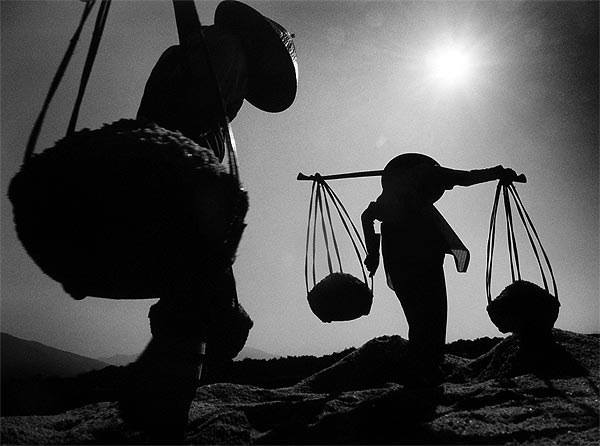Readings: 1 Samuel 1: 20-22. 24-28; 1 John 3: 1-2. 21-24;
Luke 2: 41-52
Selected Passage: “But they did not understand what he said to them. He went down with
them and came to Nazareth, and was obedient to them; and his mother kept all
these things in her heart. And Jesus advanced (in) wisdom and age and favor
before God and man.” (Luke 2: 50-52)
Meditation: There are many things in life that
we do not understand. We believe and
like Mary and Joseph we treasure them in our hearts. What is beautiful in the gospel is the fact
that Jesus was obedient to his parents and he advanced in wisdom and favor
before God and man. In a Christian family, Jesus, Mary and Joseph are the
exemplars of love, caring, and obedience to God.
DHIKR SIMPLE METHOD...
1st step: Write the text or Dhikr
(the Arabic word for REMEMBRANCE) in your heart.
2nd step: Let the text remain
always in on your lips and mind - RECITING the text silently as often as
possible...
3rd step: Be attentive
to the disclosure of the meaning/s of the text in your life.







